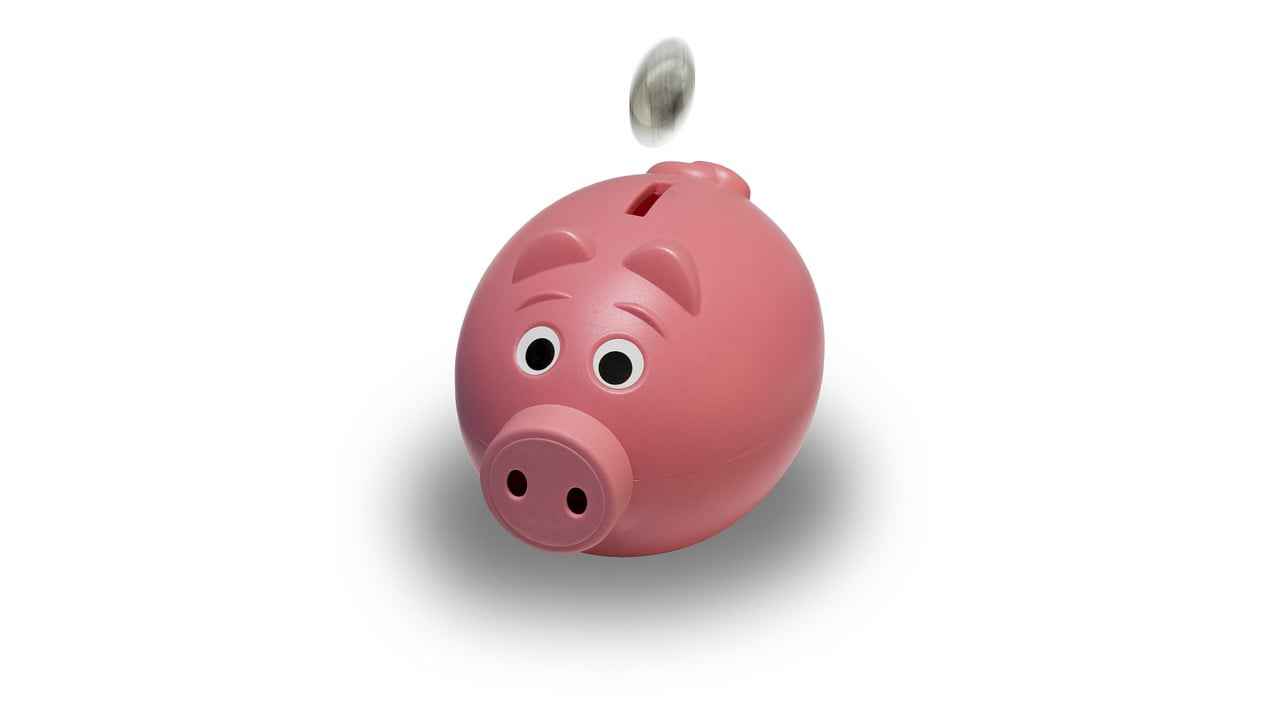Are you contemplating investing in Certificates of Deposit (CDs)? With the stock and real estate markets hitting record highs and interest rates on the rise post-pandemic, it’s worth considering. I personally allocate a significant portion of my assets to long-term CDs, money market funds, and Treasury bonds. Here’s a breakdown of my financial strategy: 50% in real estate for its tangible benefits and inflation hedge, 30% in stocks, and the rest in my business and other alternatives.
CDs offer a hands-off investment approach. Once you choose a CD, the interest accumulates and the CD renews automatically after its term. However, declining interest rates over the years have made CDs less attractive due to their lower returns.
Before you dive into CDs, consider these questions:
– Is the bank FDIC insured? This ensures up to $250,000 per account is protected.
– Do you have upcoming expenses that might require access to your funds?
– What are the penalties for withdrawing money early from a CD?
– Do you have enough liquid cash to handle emergencies comfortably?
– Are you prone to spending on non-essential items that don’t build wealth?
– How are other investment classes performing, such as stocks and bonds?
– Do you plan to stay employed in your current job to continue saving?
– Is your asset allocation set to protect your principal and capture gains during market upswings?
– Are there more tax-efficient investment options with similar risks and returns?
– What are your expectations for inflation in the coming years?
Investing in CDs is a solid choice if you want predictable returns, though they might be lower than other investments. It’s safer than letting your money sit in a low-interest savings account or spending it impulsively. If CDs don’t appeal to you, consider paying down high-interest debt as an alternative way to improve your financial position.
I’ve often made impulsive purchases with idle cash, from luxury cars to expensive watches, which I later regretted. Investing in CDs can prevent such costly mistakes by locking away funds in a low-risk, modest-return environment.
Here are key factors to evaluate when considering CDs:
– Interest Rates: CD rates vary, typically offering higher returns for longer terms.
– Term Length: Decide how long you are comfortable locking away your funds.
– FDIC Insurance: Ensures your investment up to $250,000 if the bank fails.
– Penalties: Early withdrawal can lead to forfeited interest, so plan accordingly.
– Alternatives: Compare with high-yield savings accounts for potentially better flexibility and similar returns.
– Taxes: CD interest is taxed as ordinary income. Consider this, especially for retirement accounts.
Ultimately, CDs are ideal for setting aside money you won’t need immediately. To maximize returns, consider laddering CDs to take advantage of varying maturity terms.
If you’re looking for the best rates, CIT Bank often provides competitive options with flexible terms like their no-penalty CDs and jumbo CDs. Managing these accounts online is straightforward, giving you control over your investments without needing to visit a bank.
Beyond CDs, diversifying into private growth sectors like AI through venture capital funds can offer substantial returns. These platforms allow you to invest in emerging technologies with potentially higher growth than traditional stocks.
Managing your finances efficiently is crucial. Tools like Personal Capital can help track all your accounts in one place, analyze investment fees, and optimize your financial strategy. This comprehensive approach ensures you’re on track for retirement and making the most of your investments.











































